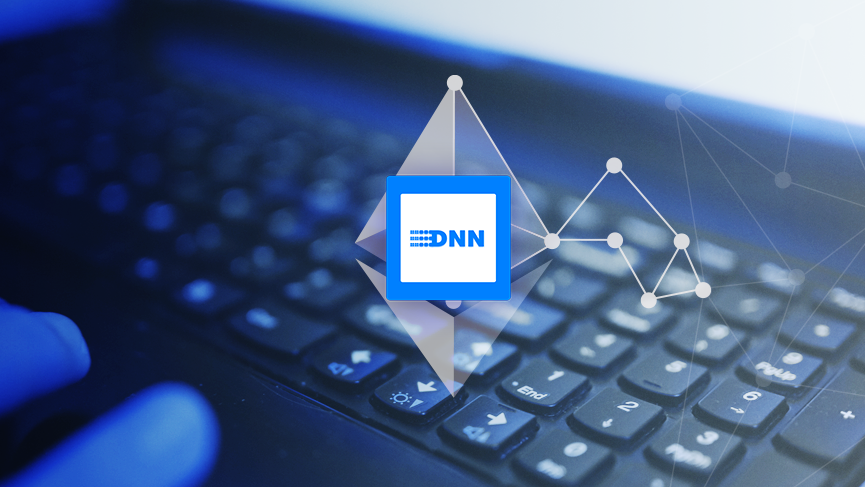The alpha version of the Decentralized News Network (DNN) flagship political news platform is now live. DNN is a news project powered by digital currency incentives for individuals to create, review, publish and consume fact-based information. Cryptographically secured by blockchain technology, the network relies on a community of inspired writers and editors to produce fact-based political content.
Cryptographically secured by blockchain technology, the network relies on a community of inspired writers and editors to produce fact-based political content. Participants can now use DNN tokens to participate in reporting, writing, editing and publishing unique and fact-based articles about the U.S. political scene in a test environment.
For the alpha test, the DNN platform is available for use on the Kovan Testnet. Trial users will have to install MetaMask before running DNN. MetaMask enables the use of DApps, or decentralized applications, in traditional web browsers like Firefox and Chrome.
In exchange for Kovan Ether, users will be given a small amount of DNN tokens that can be used to participate on the network.
On the decision and motivation to start the project, the DNN team stated:
“Our primary motivation came during the recent U.S. presidential election. The more we looked at how the mainstream media behaves, as well as the outrage over ‘fake news,’ the more relevant we figured something like DNN could be. A lot of people make statements like ‘the news is broken,’ and in many ways, the process behind news creation is in need of repair.”
“Many big media companies are backed by corporate interests and tend to favor click-rates and profits over trustworthy content. When you combine that with the sheer scale and power of social media, the news has become distorted.”
“So, we figured a project like DNN could potentially serve as a template for different forms of news creation where the people own the platform and are incentivized to contribute to it by being rewarded tokens for their actions (i.e. writing an article, reviewing an article). This deviates from the traditional media model of ownership, reader subscriptions, and ad revenue.”
More information on the project is available in the white paper.
